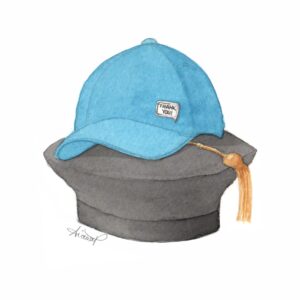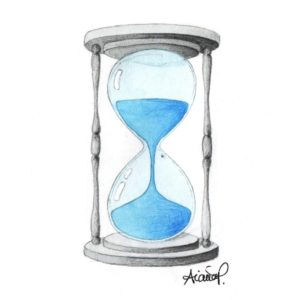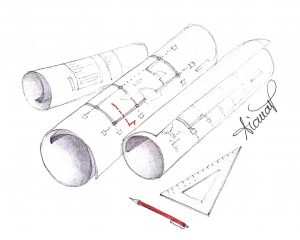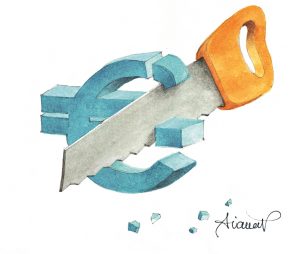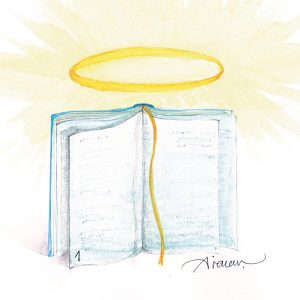After more than a decade spent copyediting and proofreading PhD theses for economics students, I can say that, in general, doctoral candidates view writing thesis acknowledgments as either a formality or a celebration of finishing thesis writing. Between the two extremes lies a unique opportunity to show your personality, strengthen your professional network, and enjoy the “warm glow of giving”—all without the constraints of academic writing.
In this long blog post, I’ll examine the seemingly trivial topic of writing acknowledgments to help you make the most of this thesis section. I aim to achieve two goals. The first is to change your opinion about the importance of PhD thesis acknowledgments. The second is to help you write memorable acknowledgments you can be proud of even when the euphoria of finishing your PhD is gone.
Although all the examples here are from economics theses, my tips should be useful for writing acknowledgments in any other academic field. Read More

